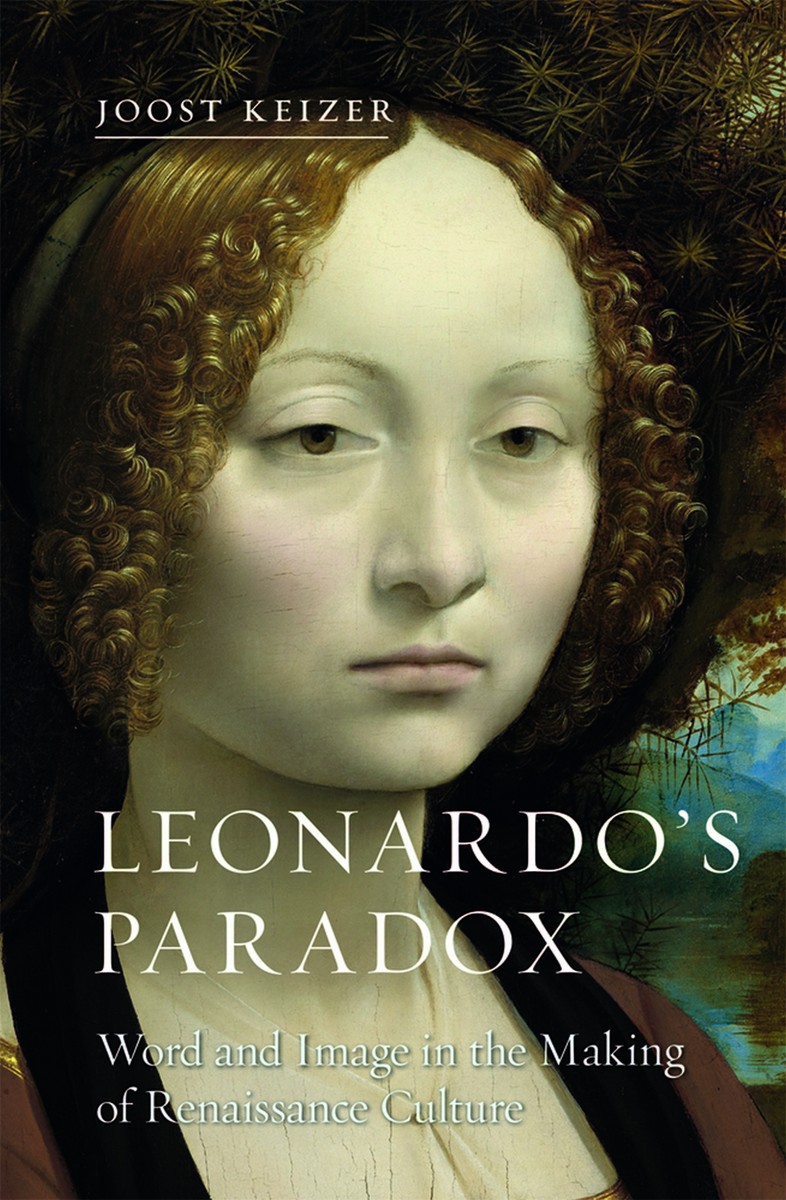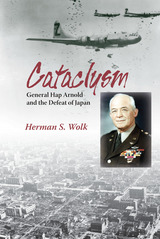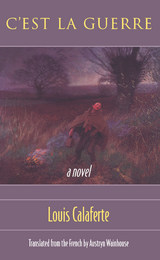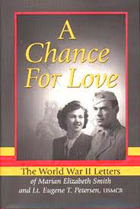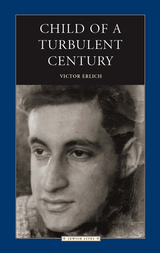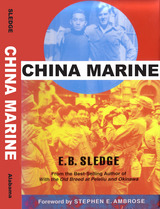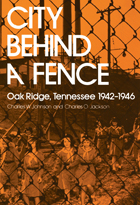“This is an intelligent and thought-provoking study of Leonardo’s thoughts. Informed by his deep immersion in Leonardo's notebooks, and in the intellectual debates of the late 15th century–early 16th century, the author presents an original, highly personal, and often convincing interpretation of Leonardo’s idiosyncratic views on the relationships between word and image, and between Nature and Culture. The text is always learned but never pedantic, and written in an engaging style. If you want insight into what made Leonardo tick, his interests, points of reference, stated views, and thought processes, I would recommend this handsome volume.”
— Jonathan K. Nelson, Syracuse University in Florence
"Keizer’s rewarding book is, in essence, an extended investigation of—and meditation on—the interrelation of words and images in Leonardo’s notebooks and paintings. . . . Keizer’s unfolding of time in Leonardo’s work is perhaps the most important part of his discussion, not just for Leonardo, but for the development of Renaissance painting after Leonardo. This is a book to be studied for its revealing insights. Highly recommended."
— Choice
"Keizer brings descriptive and analytical incisiveness to Leonardo da Vinci, as expressed (often contradictorily) in that artist’s output of painting and writing. . . . Keizer’s study, told with craft and attention to Leonardo’s paintings, drawings, letters, and (now) codices, deduces from written and visual evidence how Leonardo worked through pairings of language and pictures, invention and scientific observation, objectivity and subjectivity, nature and human-made; the instant and the enduring. . . . The author’s language is natural and accessible—so the book fits in well with Reaktion’s ever-accelerating list of modest-sized volumes that showcase new thought on focused topics. Even the range of endnotes enclose a garden of delight confirming the author’s own sense of wonder, and inspiring curiosity in the reader."
— ARLIS/NA Reviews
"Keizer focuses on what might be said to be the central problem of Leonardo studies, the relationship between his writings and his art. Keizer’s topics are frequently surprising: Leonardo’s rebuses and pictograms, his interest in fossils, his avoidance of signatures, the style of his writing. Even the choice of objects is striking: four of the fifteen drawings Keizer discusses in his first two chapters do not appear among Bambach’s 1,319 illustrations. . . . Keizer writes beautifully."
— Burlington Magazine
"As a critical approach that also addresses Leonardo’s way of thinking, Keizer’s Leonardo’s Paradox: Word and Image in the Making of Renaissance Culture, examines the interplay of word and image in Leonardo’s work. He sees paradoxes as central: for example, a painting can lead to a better understanding of nature, or the meaning of an image can depend on its association with certain words. Though not necessarily part of Leonardo’s vocabulary for inventive processes, paradoxes are part of his work."
— Art Newspaper
"Keizer’s visual investigation of Leonardo’s writings—which illustrates that the artist enjoyed using multiple hands, and continuously scratched out, rewrote, and annotated his thoughts—is strong evidence for his case that the artist’s dislike of the unalterable and invariable nature of printed text manifested itself in his notebooks. . . . Keizer’s richly illustrated work does very well to lay bare an artist’s attempt to straddle the spheres of originality and artificiality in a world that praised invention and novelty, as modeled on past cultures."
— Renaissance and Reformation
"What is so appealing about Keizer’s book is the variety of topics he explores with insight and a fresh perspective. The author informs us, for example, that Leonardo once wrote that writing is a kind of drawing, because it matters to the writer what the letters look like. For Leonardo writing originated from image making. . . . The fables or tales that one finds in Leonardo’s notebooks are never mere fiction. They tell us ever so much. They are, we might say, allegories. It is not surprising that Keizer dedicates more than a few illuminating pages of his book explicitly to Leonardo’s allegories. There is much more in Keizer’s thoughtful and probing book, which deserves wide currency."
— Renaissance Quarterly
"Keizer’s concise and eminently readable book offers a fresh take on Leonardo’s intellectual engagement with the world by evaluating his practice as writer and painter. How do word and image relate? This seemingly simple question opens up perspectives on Renaissance thought and culture—and challenges readers to reconsider their own assumptions about visual and written records of the world around us."
— Joachim Homann, Maida and George Abrams Curator of Drawings, Harvard Art Museums
"What is usefully articulated by Keizer, and innovatively expressed throughout this detailed study, however, is how Leonardo’s paradoxical recoiling against the affectedness of human craft and cultural forms actually propelled the ingenuity of his artwork."
— Religion and the Arts
